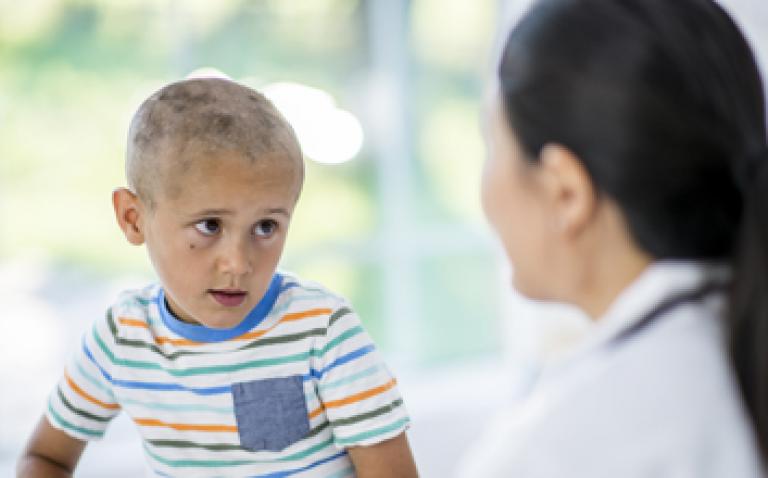Children with cancer at Great Ormond Street Hospital in London are this week starting a new therapy treatment tailored to target patients’ specific cancer cells.
The CAR-T treatment involves collecting and using a patient’s own immune cells to fight the cancer over a number of weeks.
Royal Manchester Children’s Hospital is also offering the immunotherapy treatment, and Newcastle upon Tyne Hospitals NHS Foundation Trust will join next month.
NHS England secured the deal with supplier Novartis for the treatment in September, less than 10 days after the treatment was granted its European marketing license.
Simon Stevens, chief executive of NHS England, said: “CAR-T shows immense promise, and the NHS is now leading from the front by ensuring patients in England among the first in the world to benefit.”
“Real advance”
Mr Stevens said he expected the number of personalised treatments available to NHS patients would grow as part of the long term plan for cancer services.
National medical director at NHS England, Steve Powis, said: “Unlike other forms of treatment, CAR-T therapy is specifically developed for each individual patient and has been shown in trials to cure some patients, even those with advanced cancers where other treatments have failed.”
Mr Powis said the treatments were not without risk, but it has offered a “real advance” in the treatment of lymphoma and leukaemia.
The tisagenlecleucel form of CAR-T, known as Kymriah, costs around £282,000 per patient at full list price and is licensed to treat patients up to 25 years old who have B cell acute lymphoblastic leukaemia. The NHS expects they will treat around 15-30 patients who require this treatment each year.
The adult version of CAR-T, called axicabtagene-ciloleucel, or Yescarta, will also be available at seven hospital trusts across the UK, once NICE publishes its recommendations.
These include University College London Hospitals NHS Foundation Trust, Manchester University NHS Foundation Trust (Manchester Royal Infirmary) and The Christie NHS Foundation Trust.
Up to 200 patients a year will receive this treatment from NHS England, which will cost nearly £300,000 per patient.










